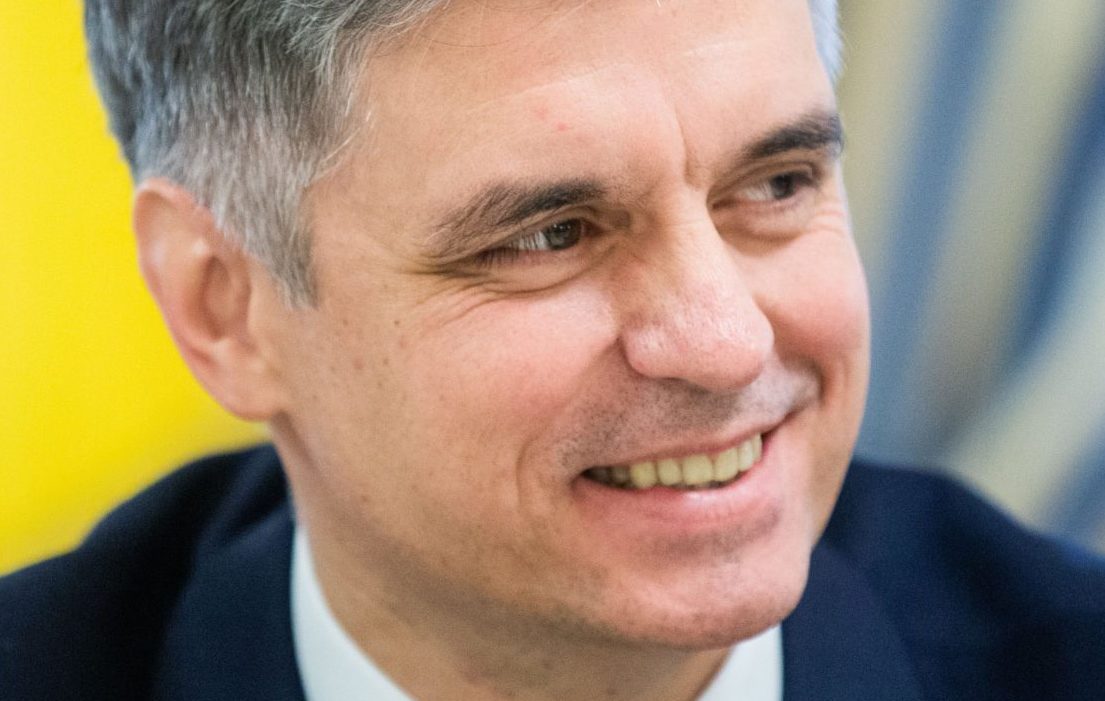Ukrainian Ambassador Revises Comments Suggesting Ukraine Should Rethink Joining NATO

A Ukrainian ambassador is being criticized for suggesting Ukraine and NATO do the smart thing and avoid armed conflict with Russia over the weekend.
Ambassador Vadym Prystaiko, the Ukrainian ambassador to the United Kingdom, told the BBC during a Sunday interview that the nation is willing to be “flexible” with respect to joining NATO. As for not joining the alliance at all, Prystaiko suggested that could be on the table as well to avoid armed conflict, “especially being threatened like that, blackmailed by that and pushed to it.”
Ukrainian President Volodymyr Zelenskyy addressed the ambassador’s comments Monday, affirming that Ukraine would stay on the path to NATO membership, though full membership still seems like a distant “dream,” and is not up to Ukraine but the current NATO member states.
The backlash from NATO zealots both at home and abroad forced Prystaiko to “clarify” what he meant by his comments in another interview with BBC on Monday. When the BBC asked Prystaiko if Ukraine should reconsider their ambitions to join NATO, the ambassador said, “No this is not and I am quite happy that I have this chance to clarify my position.”
“We are not a member of NATO right now and to avoid war we are ready for many concessions and that is what we are doing in conversations with the Russians,” Prystaiko claimed. “It has nothing to do with NATO which is enshrined in the constitution…what we are talking about is that we are not in the family now so we have to look for something else like bilateral agreements with the UK, with the United States,” which “would allow us to survive at this particular ordeal right now.”
What a shame. For a second, someone involved in this whole Ukraine mess was actually making sense.
While Ukraine may see joining NATO advantageous in the long run because doing so would essentially guarantee Ukraine would no longer have to substantially provide for its own self defense via the alliance’s Article 5 provisions. However, the prospect of Ukraine joining NATO after NATO has expanded closer and closer to Russia’s border since the dissolution of the Soviet Union is partially why there seems to be an air of urgency regarding Russia’s hopes of possibly recapturing areas of Ukraine that have substantial Russian populations. Putting NATO membership on hold for the next decade or two (or, if I had it my way, drop the prospect altogether) is the prudent thing to do in the short term to avoid a Russian incursion.
The difficulty thus far in the negotiations between Ukraine, its western backers, and the Russians is that both parties have set their demands for detente so high that it makes it rather difficult for either side to find agreeable terms. The west has repeatedly refused to bring a moratorium on Ukraine joining NATO, or another desirable agreement like the reenactment of Minsk II, to the table. For their part, the Russians haven’t indicated they’d be open to other solutions either. Sometimes the art of diplomacy is finding an artful way to weasel out of commitments or threats one has issued in the past. A NATO membership moratorium on Ukraine would probably do the trick, and if the Ukrainians are not willing to drop their NATO dreams on their own, the U.S. should do it for them by providing a veto on Ukrainian NATO membership for the foreseeable future.